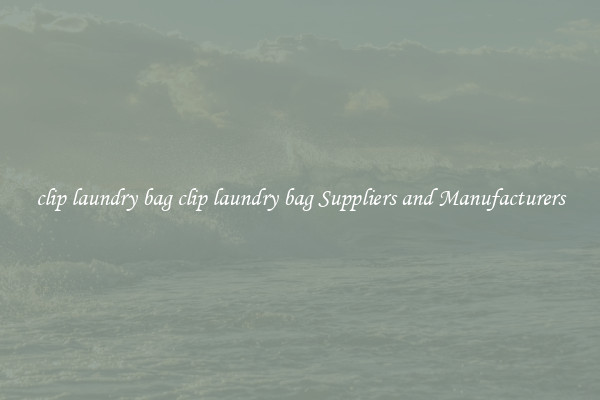iso quality standard, iso quality standard Suppliers and Manufacturers
ISO Quality Standard: Ensuring Excellence in Business Processes

In today’s highly competitive business landscape, maintaining high-quality standards is essential for organizations to succeed and thrive. Quality management systems play a crucial role in ensuring that businesses meet customers’ expectations and deliver products and services of exceptional quality. ISO quality standards provide organizations with a framework to establish and maintain such systems, enabling them to consistently meet customer requirements while continuously improving their processes.
The International Organization for Standardization (ISO) is an independent, non-governmental organization that develops and publishes international standards. ISO standards cover a wide range of industries and sectors, including manufacturing, healthcare, finance, technology, and many others. The ISO 9000 family of standards, specifically ISO 9001, is the most widely recognized and adopted quality management standard worldwide.
ISO 9001 sets out the criteria for a high-quality management system and is based on a number of quality management principles, such as customer focus, leadership, involvement of people, process approach, and continuous improvement. By implementing ISO 9001, organizations can enhance their operational efficiency, minimize errors and defects, increase customer satisfaction, and ultimately drive business growth.
Suppliers and manufacturers play a critical role in the ISO quality standard ecosystem. They are responsible for producing and delivering products and components that meet the requirements and specifications outlined in the ISO standards. Suppliers are typically entities that provide goods or services to other organizations, while manufacturers are involved in the production and assembly of goods. Both suppliers and manufacturers must adhere to ISO quality standards to ensure consistency and conformity throughout the supply chain.
ISO quality standard suppliers play an essential role in helping organizations achieve ISO 9001 certification. These suppliers provide the necessary resources, expertise, and products that enable organizations to implement and maintain a robust quality management system. They offer a wide range of products and services tailored to the specific requirements of ISO standards, including quality management software, consulting services, training programs, audit tools, and documentation templates.
Manufacturers, on the other hand, need to align their production processes and practices with ISO quality standards to ensure that the final products meet the desired quality levels. By complying with ISO standards, manufacturers can enhance their production efficiency, reduce waste, and improve product quality. ISO quality standard manufacturers may also undergo regular audits and inspections to validate their adherence to the standard's requirements, thereby providing reassurance to customers and end-users.
In conclusion, ISO quality standards are indispensable for organizations in various industries to achieve and maintain excellence in their business processes. These standards provide a robust framework for implementing and managing quality management systems that meet customer expectations, drive efficiency, and foster continuous improvement. Suppliers and manufacturers in the ISO quality standard ecosystem play vital roles in enabling organizations to achieve ISO certification and deliver products and services of exceptional quality. By embracing ISO quality standards, businesses can differentiate themselves in the marketplace, build customer trust, and solidify their position as leaders in their respective industries.

View details

View details

View details

View details








